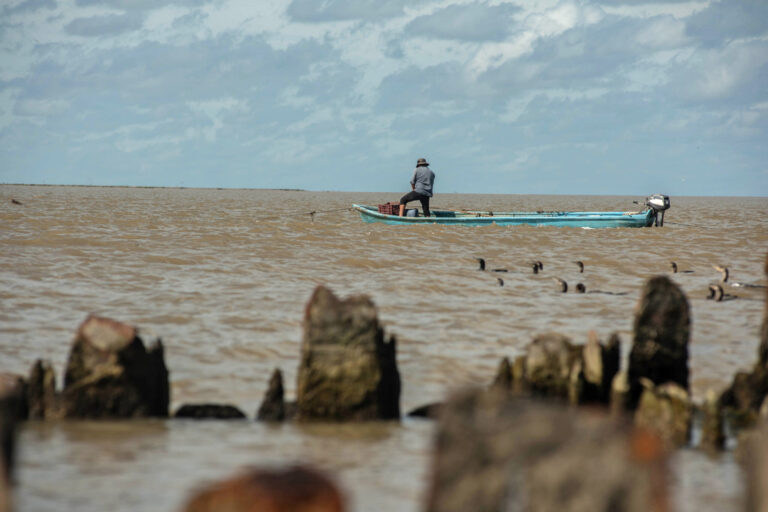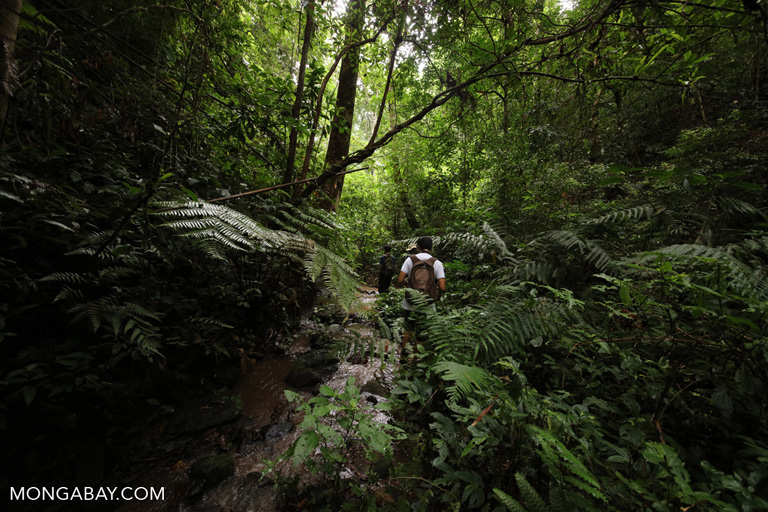Now Reading: Oil companies have downplayed extent of spills in Gulf of Mexico, investigation finds
-
01
Oil companies have downplayed extent of spills in Gulf of Mexico, investigation finds
Oil companies have downplayed extent of spills in Gulf of Mexico, investigation finds

Mongabay Latam and Data Crítica analyzed official data of oil spills in the Gulf of Mexico, utilizing satellite images and evidence from fishing communities. Their study revealed that a majority of oil spills go unreported, with some even downplayed. For instance, the Ek’ Balam spill in 2023 was significantly underreported. Despite 48 sanctioning processes initiated by the Mexican government against oil companies between January 2018 and July 2024, fines were only imposed in less than half of the cases, and only eight fines have been paid so far. Fishers are calling for transparency from oil companies, governmental action to safeguard the environment, and their livelihoods.
In early April 2024, Elías Naal Hernández encountered a massive oil spill off the coast of Isla Aguada while fishing. The spill was detected via satellite images and appeared to have originated from infrastructure owned by Pemex. Despite being legally obligated to report the spill, Pemex downplayed it as a natural occurrence, a common response to reported spills. The spill significantly impacted marine life, with numerous species being endangered.
Collaborating with fishers, scientists analyzed over 3,000 satellite images between 2018 and 2024, revealing a discrepancy between official reports of oil spills by Mexico’s Agency for Safety, Energy, and Environment (ASEA) and the actual occurrences observed in the Gulf of Mexico. The fishers’ insights and evidence have been crucial in understanding the environmental impacts of oil spills.
The investigation also shed light on the underestimation of spilled oil volumes, with some spills being downplayed by oil companies. The lack of sanctions for these incidents highlights the government’s inadequate response over the years. The fishers, who have witnessed firsthand the decline in marine life and fishing yields, are advocating for their voices to be heard and for stricter regulations to protect the Gulf’s ecosystem and their livelihoods.






